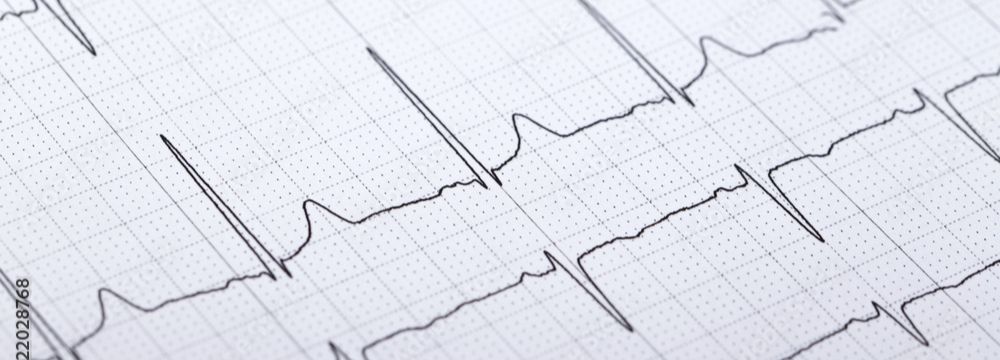Weight Loss Medications
It’s no secret that excess weight and obesity can lead to severe cardiovascular concerns. Many of the risk factors for heart disease revolve around preventable illnesses associated with excess weight. A few of these include high cholesterol, high blood pressure, type two diabetes, and sleep apnea. However, there is a cardiovascular concern that many patients aren’t aware of – an abnormal heart rhythm condition known as atrial fibrillation or Afib. It affects up to 5 million American adults and is growing in prevalence. One of the main risk factors is excess weight, and Afib is even exacerbated by high blood pressure.
Why Does Afib Matter?
Afib is a concern that every adult should be aware of. While the fast heart rhythm associated with Afib is typically not inherently dangerous, though it can be for some with existing heart issues, it can be very uncomfortable or even debilitating. Patients who experience an occasional Afib episode, known as paroxysmal, may not think much of it, but it typically only gets worse if left untreated. Eventually, patients may have a debilitating episode that sends them to an emergency room and ultimately results in the diagnosis of Afib. Be mindful that a heart attack has many of the same symptoms, so if you’re ever in doubt, go to the ER or call 911.
Significantly Increased Risks, in Addition to the Discomfort Associated With Afib
Those who have the condition are at a five times higher risk for stroke because of a little-known outpouching of the heart known as the left atrial appendage. The purpose of this pouch is not fully understood, much like the appendix in the colon, but we know that blood can pool here when the heart is beating irregularly. The pooling blood can clot, and if a piece of the clot dislodges and enters the bloodstream, it can block blood vessels leading to the brain and cause a stroke.
Patients with Afib are also more likely to experience congestive heart failure later in life as the heart is being pushed harder than it should.
What Are the Possible Treatment Options?
Excess weight is a significant risk factor in developing Afib and improving your lifestyle through better diet and exercise (and losing weight) is an important part of reversing the condition. Of course, we always want to see patients lose weight through diet and exercise, but as we all know, that’s often easier said than done. Many patients with relatively lower BMIs, yet still in the obesity range, may benefit from new GLP-1 agonist medications, like Wegovy and Zepbound, that have been shown to reduce body weight by up to 20%. For others with a relatively higher BMI (over 40 or so), bariatric surgery may be an excellent option to address cardiovascular risk, potentially reverse atrial fibrillation, and lose weight more permanently.
Fortunately, even if losing weight does not ultimately resolve Afib, exceptionally effective procedures known as atrial fibrillation ablation can improve or eliminate the condition if performed early in the disease progression. Unfortunately, after some time, Afib can progress to persistent and eventually permanent, which means that it cannot be effectively managed, and only palliative care can be offered. This can often be avoided with early intervention.
Whether you have atrial fibrillation or not, it’s important to seek the advice of qualified specialists. These will include a cardiac electrophysiologist who can offer an appropriate diagnosis. Regardless of the condition’s progression, an important next step is to see a weight loss specialist like Dr. Higa to learn more about surgical and nonsurgical weight loss options to help you lose pounds and eliminate obesity-related diseases.
If you have been diagnosed with atrial fibrillation, have high cholesterol, high blood pressure, type two diabetes, or sleep apnea, and have significant weight to lose, we encourage you to contact our office and learn more about the weight loss options we offer.







